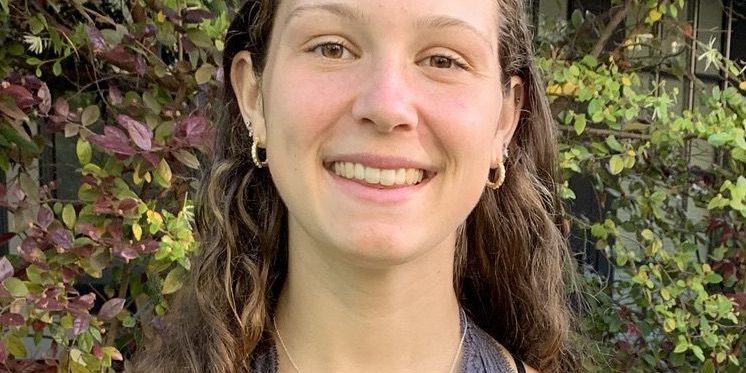Originally published here
by Cynthia Bulik, Casey MacDermod, Susana Cruz García, and Christina Sanzari
Truth #5. Eating disorders affect people of all genders, ages, races, ethnicities, body shapes and weights, sexual orientations, and socioeconomic statuses.
This is number five in the Academy for Eating Disorder’s “Nine Truths About Eating Disorders.” In short, it means that eating disorders don’t discriminate. However, eating disorders research often falls short in representing that diverse landscape. This is especially true for genetic studies. The overwhelming majority of existing research aimed at decoding the genetics of eating disorders has focused on individuals of European ancestry (in lay terms, someone referred to as Caucasian or white). So often, genetic researchers do enroll everyone who volunteers, but most participants are white girls and women. Typically, the numbers of people from other ancestries (and sexes and genders) are small, so they are excluded from analyses and, therefore, not represented in the literature. Here’s why that’s a big problem.
Although all humans share about 99.9% of our genetic makeup, individuals and groups still have some important genetic differences. For example, people from similar ancestries like East Asia, Africa, Europe, Central America, etc. share genomic signatures with each other that differ from those with other ancestries. In the past, the technology that we used for genetic studies and the statistical analyses that we conducted to understand our data were limited. Therefore, we didn’t have a way to separate the genetic differences that were due to the illnesses we were studying from the genetic differences that were due to ancestry.
This is no longer the case. We now have both the technology and the analytic capacity to deal with highly diverse samples and their genetic differences. So now is the time for change.
To honor our knowledge that eating disorders don’t discriminate, we need to do whatever possible to understand how eating disorders present in diverse groups of people and determine the extent to which underlying genetic and environmental risk factors are the same or distinct across various populations. We simply cannot assume that genetic factors that increase risk of developing an eating disorder in individuals with European ancestry are the same in those with Asian or African ancestry, for example. Nor can we assume that the same genetic factors underlie eating disorders risk in individuals who are biologically female, male, or intersex. Unless we invite and enroll people from all backgrounds, we will never know.
The importance of studying the genetics of eating disorders in diverse populations is not just an academic or scientific question. It has direct relevance for health disparities. Let’s project ourselves several years into the future and say that our genetic research has progressed to a point where we have identified biological pathways that increase an individual’s risk for developing anorexia nervosa (for example). We then use that information to develop new treatments (maybe medications) that actually target the underlying biology. If those genetic discoveries were entirely based on a large sample of cisgender white women, we will have no idea if the medication we are developing will actually work (or be as effective) in individuals from other backgrounds. Will it work in trans women? Or cisgender men? Will it work in people with Nigerian, Japanese, Brazilian, Hawaiian, or Eritrean ancestries? We simply won’t know, and we could be in a position of perpetuating health disparities by offering treatments that might not work as well for certain groups of people.
This is precisely why the Eating Disorders Genetics Initiative (EDGI) is reaching out to people of all backgrounds around the country and around the world to ensure that our work has full representation from all communities afflicted by these illnesses. We already know that stereotypes about eating disorders have led to health disparities in our field. People of Color, for example, are less likely to be referred for specialist eating disorders treatment than their white counterparts. We want to ensure that the work we do never contributes to unequal care. Our goal is to improve the lives of individuals with eating disorders and provide hope for them and their loved ones, regardless of race, ethnicity, age, sex, gender, or body shape or size.
We invite everyone to visit edgi.org to learn more about how to participate in the EDGI study. If participating in research is something that you are not familiar with or if you have any questions, feel free to give us a call at (984) 974-3798 or send us an email at edgi@unc.edu. Our team can answer any questions you may have in English or Spanish.
Dr. Bulik is the lead Principal Investigator for EDGI, Casey MacDermod is an EDGI Research Assistant, and Susana Cruz García and Christina Sanzari were 2021 CEED Summer Fellows.











